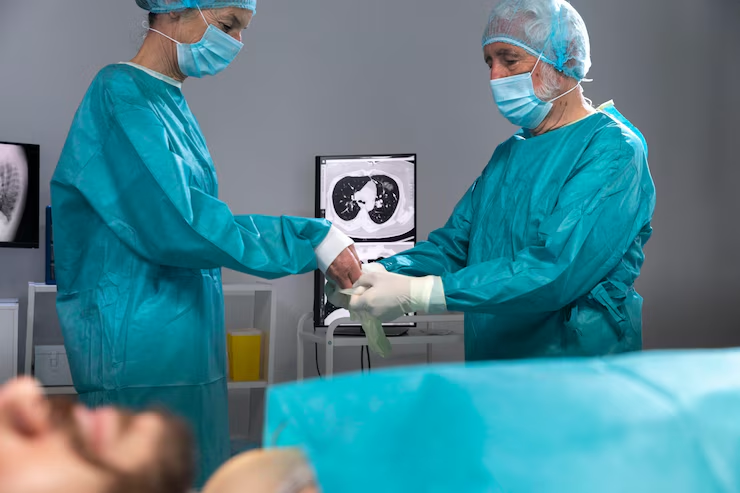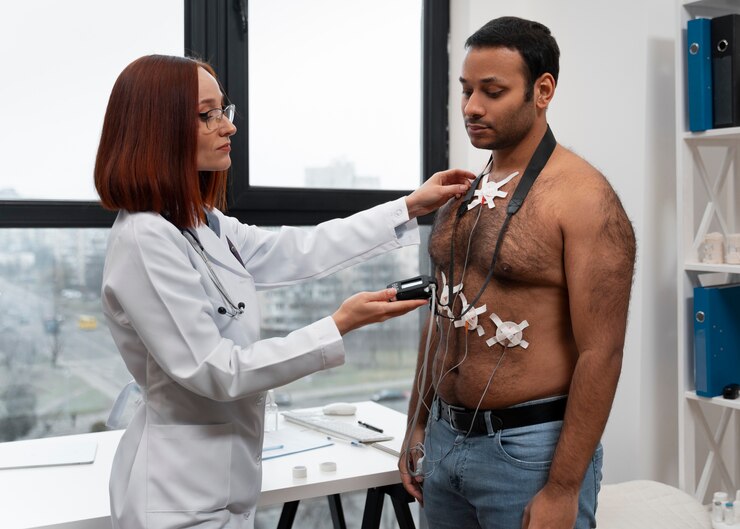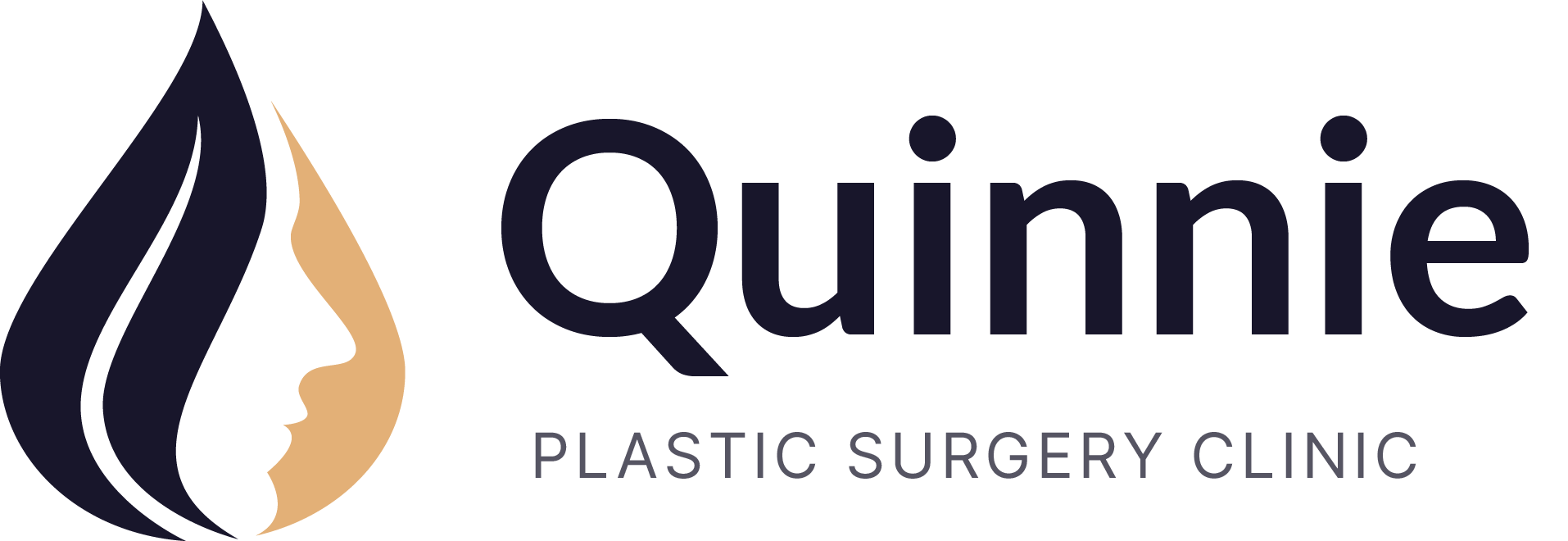Home » Understanding Aortic Clinic
Comprehensive Care at the Aortic Clinic: Expertise of Dr. Gnaneswar Atturu
The aorta is the largest artery in the human body, responsible for carrying oxygen-rich blood from the heart to the rest of the body. Any abnormalities or conditions affecting the aorta can lead to life-threatening complications, making timely diagnosis and expert care essential. Dr. Gnaneswar Atturu, an accomplished vascular and endovascular surgeon, offers specialized care for aortic diseases at his state-of-the-art Aortic Clinic.

What Are Aortic Disorders?
Aortic disorders refer to conditions that impair the structure or function of the aorta. These disorders can range from genetic predispositions to acquired diseases and injuries. Common conditions include:
- Aortic Aneurysms: An abnormal bulging or ballooning of the aorta due to weakened artery walls.
- Aortic Dissections: A tear in the inner layer of the aorta, causing blood to flow between the layers of the artery wall.
- Aortic Stenosis: Narrowing of the aortic valve, which obstructs blood flow.
- Traumatic Aortic Injury: Damage caused by accidents or blunt force trauma.
- Congenital Aortic Conditions: Birth defects like coarctation of the aorta.
Why Do Aortic Disorders Occur?
Aortic disorders can be caused by a combination of genetic, lifestyle, and environmental factors, including:
1. Genetic Factors:
- Hereditary conditions like Marfan syndrome, Ehlers-Danlos syndrome, and bicuspid aortic valve disease increase susceptibility to aortic disorders.
2. Hypertension:
Chronic high blood pressure places extra stress on the aortic walls, leading to weakening or tearing.
3. Atherosclerosis:
The buildup of plaque in the arteries contributes to narrowing, weakening, and stiffening of the aorta.
4. Age:
Aging naturally weakens the aortic walls and increases the risk of aneurysms and dissections.
5. Lifestyle Factors:
Smoking, obesity, lack of exercise, and an unhealthy diet significantly increase the risk of aortic diseases.
6. Trauma:
Blunt force injuries from accidents can severely damage the aorta.
Symptoms of Aortic Disorders
Symptoms of aortic diseases vary depending on the specific condition, but common signs include:
- Severe chest, back, or abdominal pain.
- Difficulty breathing or shortness of breath.
- Dizziness or fainting.
- Weakness in the legs or arms.
- Rapid heartbeat or palpitations.
Note: Some aortic conditions, like aneurysms, may be asymptomatic until they rupture, underscoring the importance of regular health check-ups.
How Are Aortic Disorders Diagnosed?
Over the recent years, lot many advances are made in the treatment of varicose veins. The type of treatment offered depends on many factors and no single method is the best! Your vascular specialist who is trained in all modalities can guide you to choose the best possible treatment for you!
Dr. Gnaneswar Atturu employs advanced diagnostic techniques to accurately identify aortic conditions:
- Imaging Studies: CT scans, MRI, and ultrasound to visualize the aorta and detect abnormalities.
- Genetic Testing: For patients with a family history of aortic disorders.
- Blood Tests: To assess cholesterol levels, inflammatory markers, and overall cardiovascular health.
Treatment Options at the Aortic Clinic
Dr. Gnaneswar Atturu offers a range of cutting-edge treatments, tailored to the severity and type of aortic condition:
1. Medical Management:
- Medications to control blood pressure, cholesterol, and reduce stress on the aorta.
- Regular monitoring for small aneurysms or early-stage conditions.
2. Minimally Invasive Procedures:
- Endovascular Aneurysm Repair (EVAR): A stent graft is inserted through a catheter to reinforce the weakened area of the aorta.
- Thoracic Endovascular Aortic Repair (TEVAR): A similar technique for aneurysms in the thoracic aorta.
3. Open Surgical Repair:
- For complex or large aneurysms and dissections, open surgery is performed to replace or repair the damaged portion of the aorta.
4. Valve Repair or Replacement:
- For conditions like aortic stenosis, Dr. Atturu performs valve repair or replacement procedures to restore normal blood flow.
Dr. Gnaneswar Atturu’s Expertise in Aortic Care
Dr. Gnaneswar Atturu is a globally recognized vascular and endovascular surgeon with years of experience in managing complex aortic disorders.
1. Advanced Surgical Techniques:
Dr. Atturu is skilled in minimally invasive and open surgical procedures, ensuring optimal outcomes and faster recovery for patients.
2. Personalized Care Plans:
Each patient receives a customized treatment plan based on their medical history, condition severity, and overall health.
3. Emphasis on Early Detection:
Dr. Atturu emphasizes early detection and regular monitoring for individuals at high risk, enabling timely interventions that prevent complications.
4. Comprehensive Post-Treatment Support:
From rehabilitation to lifestyle counseling, Dr. Atturu provides holistic care to support long-term vascular health.
Preventing Aortic Disorders
Preventive measures can significantly reduce the risk of developing aortic conditions:
- Maintain healthy blood pressure and cholesterol levels.
- Avoid smoking and limit alcohol consumption.
- Exercise regularly and follow a balanced diet.
- Monitor your vascular health, especially if you have a family history of aortic disease.

Why Choose Dr. Gnaneswar Atturu’s Aortic Clinic?
Dr. Gnaneswar Atturu’s expertise, combined with his patient-centric approach, ensures world-class care for aortic disorders. His Aortic Clinic is equipped with advanced diagnostic tools and treatment technologies, making it a trusted destination for managing complex vascular conditions.
Take Control of Your Aortic Health
Aortic disorders are serious but treatable conditions. Early diagnosis and expert care can prevent complications and improve quality of life. Trust Dr. Gnaneswar Atturu for comprehensive aortic care.
Visit Dr. Gnaneswar Atturu’s website to book a consultation and take the first step toward a healthier future.
Frequently asked questions
Aortic disorders are conditions that affect the aorta, the largest artery in the body. These include aneurysms, dissections, stenosis, congenital abnormalities, and trauma-related injuries. They can disrupt blood flow and pose serious health risks if untreated.
Aortic disorders may result from:
- Genetic conditions like Marfan syndrome or bicuspid aortic valve disease.
- High blood pressure or cholesterol.
- Atherosclerosis (plaque buildup in arteries).
- Trauma or injury.
- Aging, which weakens artery walls.
An aortic aneurysm is a bulging or ballooning of the aorta due to a weakened wall, whereas a dissection involves a tear in the aorta’s inner layer, allowing blood to flow between layers and potentially causing a rupture.
Symptoms vary but can include:
- Severe chest, back, or abdominal pain.
- Breathing difficulties.
- Weakness in the limbs.
- Rapid heartbeat or fainting.
Some conditions, like aneurysms, may be silent until they rupture.
Dr. Atturu uses advanced diagnostic tools, including:
- CT Scans and MRIs: To visualize the aorta and detect abnormalities.
- Ultrasound: For non-invasive monitoring of blood flow.
- Genetic Testing: For hereditary conditions.
Dr. Atturu provides personalized treatments, such as:
- Medications: To control blood pressure and cholesterol.
- Minimally Invasive Procedures: EVAR (Endovascular Aneurysm Repair) and TEVAR (Thoracic Endovascular Aortic Repair).
- Open Surgery: For large or complex aneurysms and dissections.
- Valve Repair or Replacement: For conditions like aortic stenosis.
Yes, procedures like EVAR and TEVAR are highly effective for treating aneurysms and dissections. They involve smaller incisions, reduce recovery time, and have fewer complications compared to traditional surgery.
Dr. Atturu is an experienced vascular and endovascular surgeon renowned for his expertise in managing complex aortic conditions. His patient-centered approach and use of advanced technologies ensure effective and compassionate care.
While some conditions are genetic, risk factors like high blood pressure, smoking, and obesity can be managed. Regular health check-ups, a healthy diet, and an active lifestyle play a key role in prevention.
Dr. Atturu offers:
- Advanced diagnostic and treatment options.
- Expertise in minimally invasive and open surgical techniques.
- Personalized care tailored to individual patient needs.
- A commitment to long-term vascular health.

